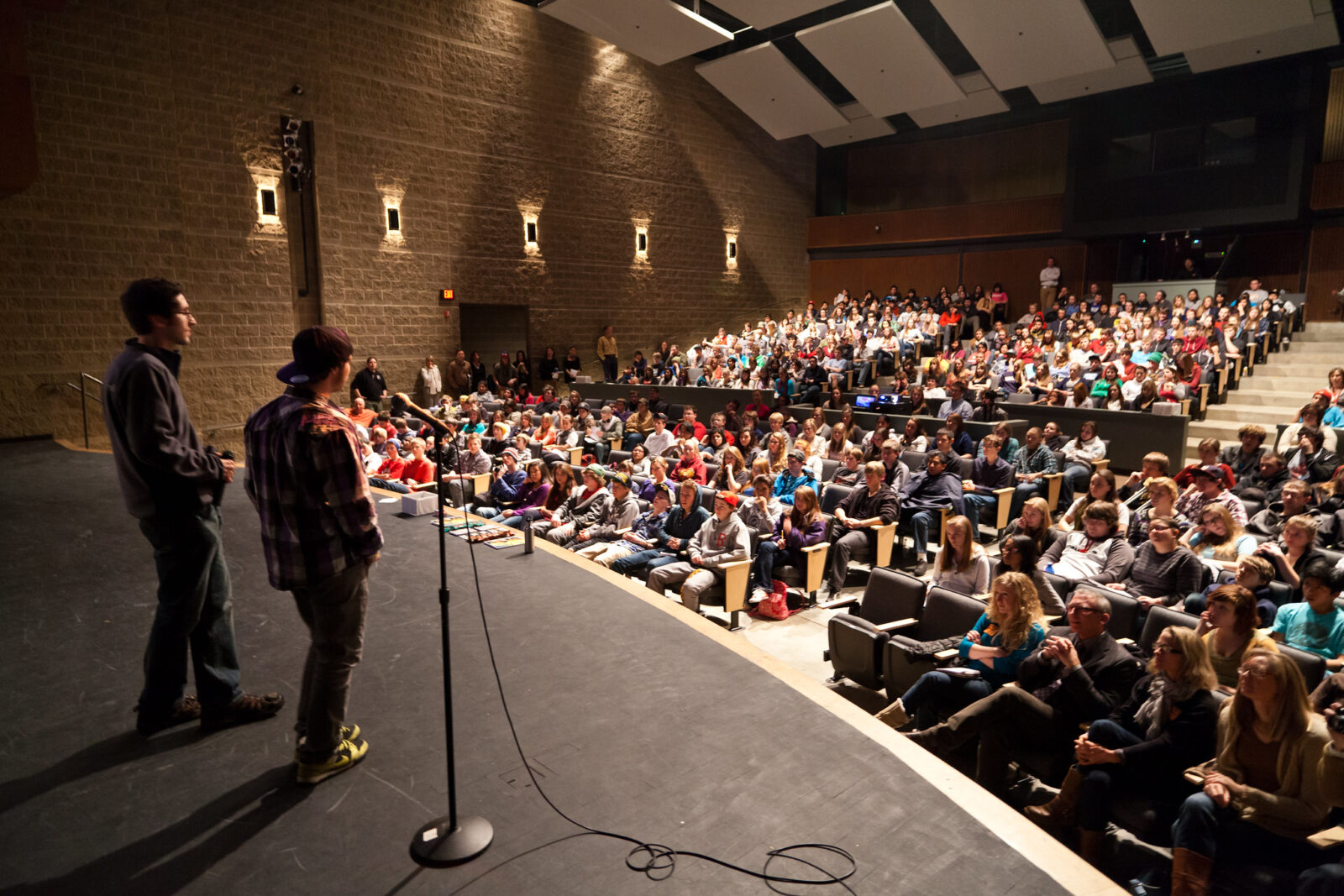This Earth Day, Invest in Teachers
Rebecca Anderson
|April 20, 2023

This year, Action for the Climate Emergency (ACE), celebrates our 15th Earth Day since our founding in 2008. I’ve been fortunate to be here for all of them. Earth Week has always been our busiest time of the year when high schools of all kinds, in all parts of the country, would ask us to come and speak to their students about climate change. I’ve seen the toll the pandemic has taken on teachers and inadequate investment is only worsening the problem. If we’re going to educate climate-minded and aware young people who are ready to take action on the climate emergency, we need to prioritize teachers.
Over the course of Earth Week, I would speak to thousands of students, as would my teammates around the country. It was some of the most fulfilling and rewarding work of my life. Students GOT IT. They would connect the dots between our energy-intensive lifestyles and climate impacts they were experiencing firsthand: hurricanes in North Carolina and Texas, wildfires in California, increased heat waves in Chicago, or asthma and air pollution in their neighborhoods. When we spoke about climate justice and how those least responsible for causing the problem were those who bore the brunt of its impacts, we might have been teaching them new vocabulary, but they already knew what it meant. Their lived experiences enriched the lesson plan because they could relate to the science in a way no one can teach. A peer-reviewed survey published in Climatic Change in 2014 found that ACE’s education program changed high school students’ knowledge, attitudes and behaviors with respect to climate change, making them more likely to be concerned or alarmed about climate and increasing their intentions to take action. Education works – but only if we invest in it.
COVID-19 changed the learning environment and behaviors of young people. The climate emergency has only worsened and young people are now more outspoken and active about climate than ever before. In a post-covid world, schools are not knocking down our doors to host a climate assembly at their school. The extra work required from teachers to schedule and organize an all-school assembly is just too much for them at a time when they can barely keep their heads above water. One teacher in Florida said, “[We] could not find the time to pull together an assembly … that may be due to them being overloaded with playing catch up.” Teachers have been through a grueling ordeal over the last several years, trying to educate their students during a pandemic under impossible conditions. Remember hybrid classrooms?
Student learning suffered and along with it, teachers’ job satisfaction and career longevity. A 2022 Gallup poll found that K-12 teachers have the highest burnout rates of any career in the country: 52% say they always or often feel burned out at work. Teachers are not only burned out, they’re scared as teaching climate change has become politicized and controversial.
We see this in teachers in Florida who decline our program out of fear of vague language in the “Parental Rights in Education” Act, also known as the “Don’t Say Gay bill”, that allows parents to sue if they don’t like what’s being taught in schools. And in Ohio where the new Senate Bill 83 would bar teachers from teaching climate science if they don’t include climate disinformation to present the “other side”.
We at ACE are buckling down, visiting individual classrooms instead of all-school assemblies, where teachers feel less risk of reprisal. And we reach young people directly on YouTube, Instagram and Tiktok where they already spend plenty of free time. But fear of teaching climate change in the classroom comes at a cost – that of a less climate-literate and activated society.
We at ACE have always held that education, done in an engaging and relevant way, is the starting point that sparks a desire for change. But that can’t happen without teachers. So this Earth Day, clean up a park, plant a tree, but also – support our teachers. Invest in our teachers. Our world would be nothing without them.
Join our Youth Action Network
More Blog Posts
Driving India towards self sufficiency and freedom from oil
India can shield itself from oil-price shocks and global pressure over Russian barrels by leaning harder into two strengths it …
Read More
Unnatural, Not Unprecedented
For two weeks, residents of Southern California endured a waking nightmare. Parents raced against time – hurrying down the driveway …
Read MoreCrafting a Vision for the Future: My Experience at LCOY USA 2024
Dry and sunny Tempe, Arizona where temperatures have been over 100 F for 113 consecutive days, delegates gathered to attend …
Read More
